
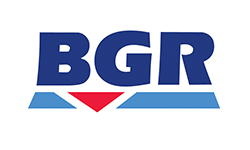
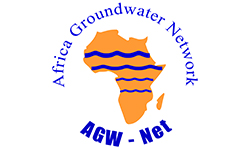

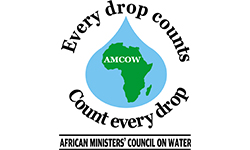
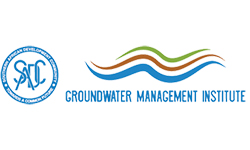
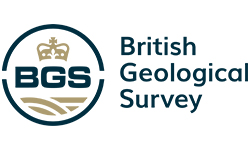
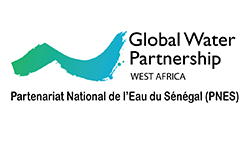
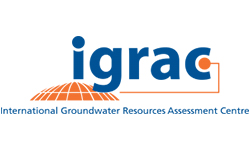
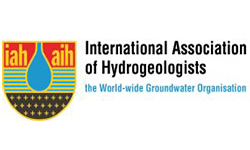
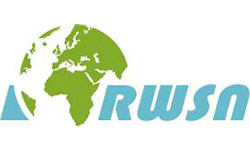
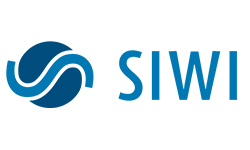
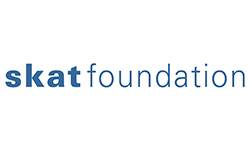
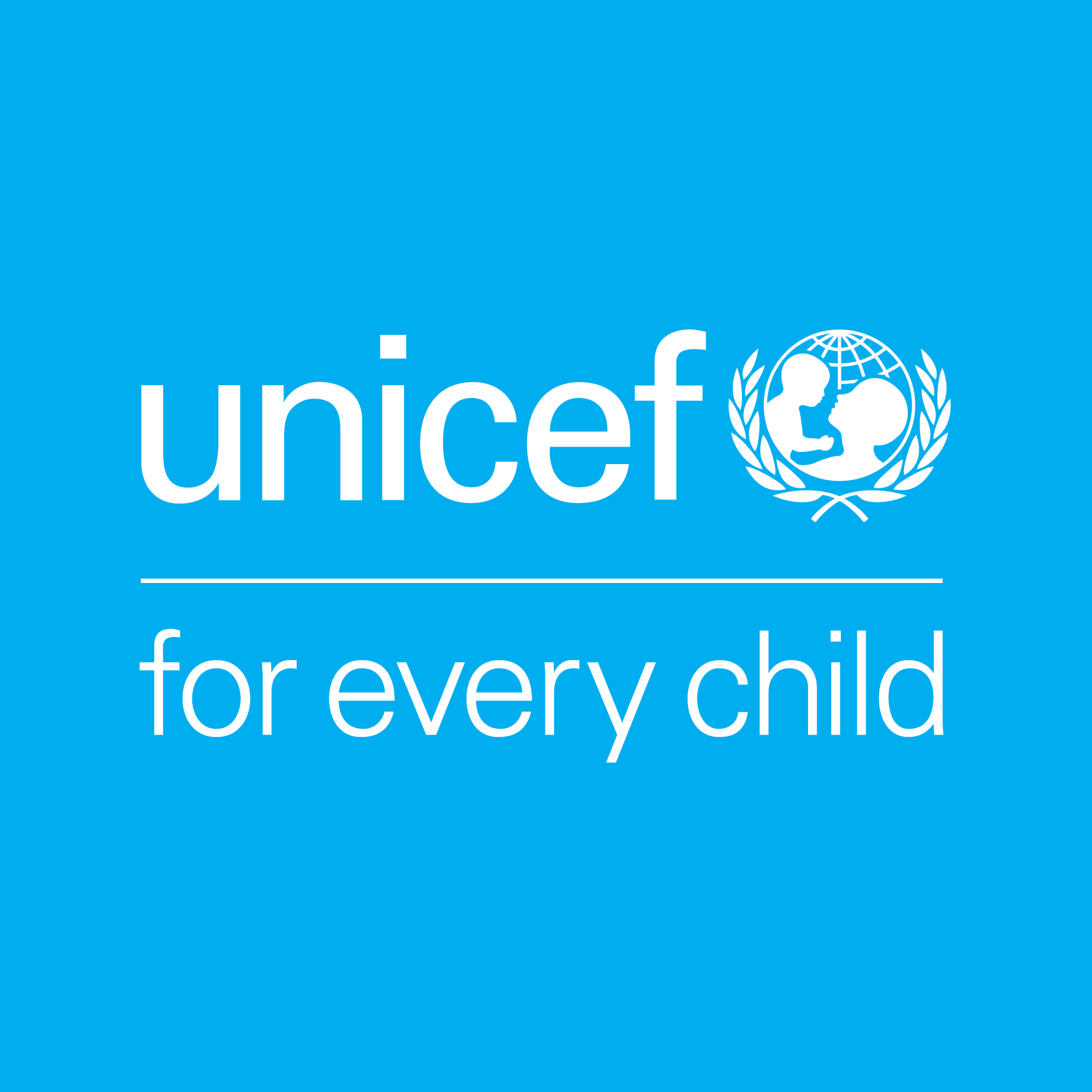
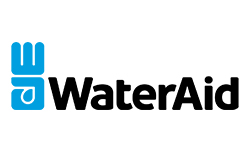
About this course
An estimated 75% of the African population relies on groundwater for their drinking water. Groundwater supports social and economic development and will become increasingly important in the face of climate change, droughts and floods. Groundwater is the “invisible” part of the hydrological cycle and a clear understanding of its physical environment (quality, depth, recharge, productivity) is required in order to take appropriate decisions on cost-effective and sustainable exploitation.
If groundwater is to provide reliable, safe and sustainable water supplies now and for future generations, the resource must be well-managed. This requires consideration of the entire system of policies & laws, strategies & guidance, monitoring & management as well as investments & projects. Those that manage and develop groundwater need to be equipped with appropriate skills and knowledge.
Participants
Who should take this course?
The course is designed for professionals who are already engaged in water resources management or in drinking water supply in low– and middle–income countries. They should either be already involved in groundwater management initiatives or drilling programmes, or expect to undertake work in one or both of these areas in the future.
Target participants include government, NGO, UN and donor organisation staff, as well as those working in the private sector. Participants may be working in development or humanitarian aid/emergency contexts.
Participants are not expected to have an extensive prior knowledge of groundwater resources. A university degree is not essential for participation if individuals are professionally engaged in the topics or working in a related field, but they should have successfully completed at least 10–13 years of school education.
Objective
The objective of this online course is to assist participants to have a comprehensive overview of the multiple factors that impact upon groundwater. Those who successfully complete the course will have an awareness of the importance of groundwater and the need to preserve it, and be equipped with the basic knowledge to engage in the management of national and transboundary groundwater resources.
Learning Goals
The learning goals of the course are to:
- raise awareness about groundwater policy regulation and the need to improve practices;
- build capacity for comprehensive knowledge on aquifers’ characteristics;
- understand basic of groundwater processes and their interactions with urbanization, agricultural & industrial activities, and land use in the African context;
- generate awareness on transboundary aquifer management.
Selection Criteria and Dates
The application form will open on Tuesday, 22nd March and close on Tuesday, 11th April.
250 participants will be selected. The selection criteria include:
- Priority to women with a target of 30% female participants;
- Emphasis on youth (under 35) and mid-career professionals (36-55);
- 150 out of the target 250 are to be based in Africa, and nationals of African member states;
- Priority to government staff.
Successful applicants will be contacted by Friday, 22nd April. The course will start on Friday, 29th April and end on Monday, 29th August, 2022.
Contents and Course Structure
Module 1: Characterization of Aquifer Systems from a Management Perspective
This module will provide an introduction to groundwater system characterization, with special emphasis on understanding of aquifer characterization importance in groundwater resources management
Module 2: Groundwater monitoring and data/information management & communication
The module will share understanding of the different objectives of monitoring, and the use of monitoring data and information for management and communication to stakeholders.
Module 3: Groundwater quality and source water protection
Participants will be given the tools to understand the risk of groundwater pollution and quantity impairment, and the need to protect groundwater from pollution and over-exploitation
Module 4: Groundwater regulation, licensing, allocation and institutions for aquifer management
The module will explore the need for regulation of groundwater, to understand how groundwater licensing and allocation systems may be implemented, and to create awareness about the benefits of a groundwater regulation.
Module 5: Transboundary aquifers in Africa: Approaches and mechanisms
The module will enable participants to understand the concept of transboundary aquifers and appreciate the need, approaches and mechanisms for sustainable management of these aquifers.
Approach
The course is self-paced. Participants will receive some feedback from facilitators in the online discussion forums. In all modules, participants are expected to:
- Read compulsory contents
- Participate in the modules´ discussion forum
- Respond to a set of multiple-choice questions (by the end of each module)
- Participants also have access to additional (optional) recommended readings, videos, and web links.
Facilitators
Dr. Martin O. Eduvie
Director/Head of Rural Water Supply and Sanitation Centre at National Water Resources Institute, Kaduna Nigeria
As a Hydrogeologist/Geophysicist, Dr. Eduvie was responsible for groundwater research, borehole drilling and geophysical investigations projects. He also worked as a Project Manager, Rural Water Supply and Sanitation Centre/JICA from 2010-2014 at the National Water Resources Institute, Kaduna and a former Head of the Training Department, NWRI (2016-2020).
Ms Diana Mudimbu
Earth and Spatial Scientist
Ms Dee hold an MSc in Remote Sensing and GIS from the University of Greenwich and a first degree is a BSc General in Geology and Biological Science also from the University of Zimbabwe. She is an earth and spatial scientist with interests in environmental geochemistry, medical geology and hydrogeology. In her 24-year career, she has used a combination of skills in multi-disciplinary research teams and development projects, in environmental and groundwater monitoring and management, land use planning and environmental impact assessments. She is currently in the final year of DPhil studies in Medical Geology at the University of Zimbabwe (UZ).
Dr Kawawa Banda
Senior Lecturer - Hydrogeology and Remote Sensing, Department of Geology - School of Mines, University of Zambia
Dr Banda holds a PhD degree in Environmental Engineering (strong focus on groundwater hydrology), from the Technical University of Denmark (DTU) in Copenhagen. He holds a Master’s degree in Integrated Water Resources Management and a Bachelor’s degree in Geology from the University of Zambia. Currently, he is the Network Manager for the Africa Groundwater Network supporting knowledge dissemination on groundwater in Africa. He is also a member of the technical Committee for development of groundwater regulations for Zambia coordinated by Water Resources Management Authority (WARMA).
Dr Callist Tindimugaya
Head of the Water Resources Planning and Regulation, Ministry of Water and Environment, Uganda
Dr Tindimugaya holds a PhD in groundwater resources management obtained from University of London in 2008. He has been very key in establishing groundwater resources management and development frameworks in Uganda that include groundwater data management, groundwater resources monitoring and assessment, groundwater regulation and licensing and groundwater capacity building.
Dr Tindimugaya has been a Regional Vice President for the International Association of Hydrogeologists (IAH) in charge of Sub-Saharan Africa from 2012 to 2020. As Vice President of IAH he was responsible for promotion of groundwater resources development and management in sub-Saharan Africa. Dr Tindimugaya is also a Steering Committee Member of the African Groundwater Network (AGWNET). He has also represented Uganda on various regional and international organizations such as the Nile Basin Initiative (NBI), Inter Government Authority on Development and UNESCO’s Intergovernmental Hydrological Program.
Dr Moustapha Diene
Hydrogeologist / Senior Assistant Professor, University Cheikh Anta Diop, Dakar – Senegal
Dr Diene earned a water engineering degree from the Technical University of Gdansk (Poland) and a doctorate degree in hydrogeology and hydrochemistry at Cheikh Anta Diop University in Dakar (Senegal). He has extensive experience in groundwater management, water supply and sanitation, through research and national/international projects. He is the former Network Manager of the Africa Groundwater Network (AGW-Net), and currently a member of the Steering Committee; he has implemented and facilitated many training courses on integrated groundwater management in Africa.
Course Partners
This course is funded by BGR and implemented by AMCOW/APAGroP, AGW-Net, Ask for Water GmbH and Cap-Net UNDP.
Bundesanstalt für Geowissenschaften und Rohstoffe (BGR)
[Federal Institute for Geosciences and Natural Resources]
The Federal Institute for Geosciences and Natural Resources (BGR) is the geoscientific center of excellence within the federal government and part of its scientific and technical infrastructure. The institute provides neutral and independent advice and information about all geo-scientific and natural resource issues.
The African Ministers' Council on Water (AMCOW)
The African Ministers' Council on Water (AMCOW) was formed in 2002 in Abuja Nigeria, primarily to promote cooperation, security, social, economic development and poverty eradication among member states through the effective management of the continent’s water resources and provision of water supply services.
The Africa Groundwater Network (AGW-Net) was established to increase awareness of the potential and value of groundwater across the continent and to contribute to capacity building in the groundwater sector in Africa.
The company was founded in 2020 by Dr. Kerstin Danert, a water specialist, researcher and facilitator, with over twenty years of experience in international development cooperation. She is passionate about improving access to water for domestic use, agriculture and business and has worked in over 15 countries, mainly in sub-Saharan Africa.
Cap-Net is UNDP ́s global network for capacity development in sustainable water management within the Sida Global Water and Oceans Governance Support Programme. Cap-Net UNDP assists partners in formulating, coordinating, and implementing water governance reforms by providing necessary policy, advice and technical assistance, knowledge and capacity development.
![]() Language: English.
Language: English.
![]() Structure: 5 modules.
Structure: 5 modules.
![]() Level: Introductory.
Level: Introductory.
![]() Content: readings, videos, forums.
Content: readings, videos, forums.
![]() Time: 15 hours.
Time: 15 hours.
![]() Total time dedication: 5 weeks.
Total time dedication: 5 weeks.
![]() Institutions: Federal Institute for Geosciences and Natural Resources (BGR), AMCOW Pan-African Groundwater Programme (APAGroP), Cap-Net UNDP, Africa Groundwater Net (AGW-Net), Rural Water Supply Network (RWSN), WaterAid, Skat Foundation, Ask for Water GmbH, Partenariat National de l’Eau du Sénégal (PNES)
Institutions: Federal Institute for Geosciences and Natural Resources (BGR), AMCOW Pan-African Groundwater Programme (APAGroP), Cap-Net UNDP, Africa Groundwater Net (AGW-Net), Rural Water Supply Network (RWSN), WaterAid, Skat Foundation, Ask for Water GmbH, Partenariat National de l’Eau du Sénégal (PNES)